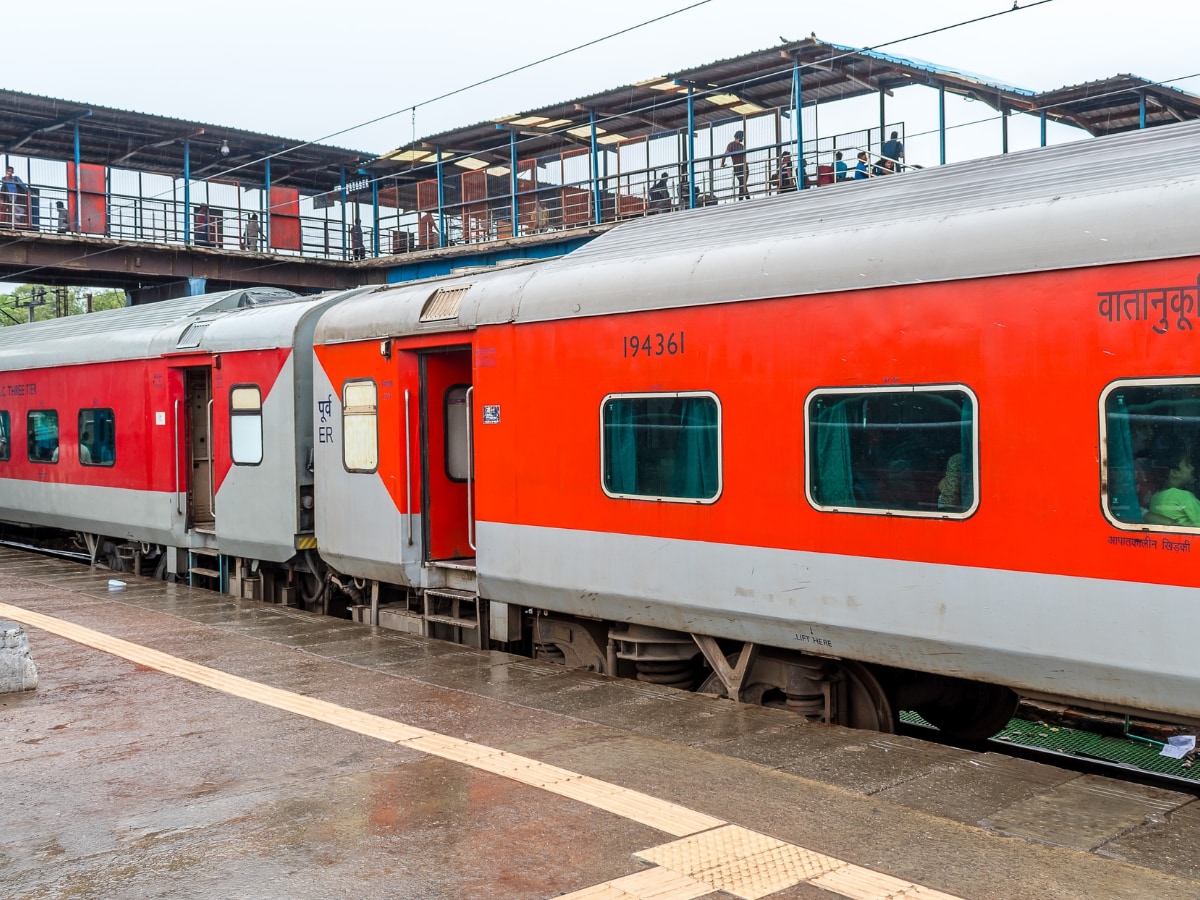Indian Railways is set to implement a marginal fare hike alongside a digital overhaul of the Tatkal ticketing system starting 1 July 2025. The dual measures are intended to boost revenue while reinforcing ticketing transparency for millions of travellers.
According to official estimates, passengers using non-AC Mail and Express trains will now pay one paisa more per kilometre, while those in AC coaches will see an increase of two paise per kilometre. Though numerically modest, the fare revision marks the first broad-based rise in recent years. It is projected to generate approximately ₹700 crore in additional revenue over the remainder of FY 2025–26, based on a passenger-kilometre estimate of around 7.57 billion.
In contrast, suburban services and monthly season tickets—crucial for daily wage earners and office-goers—remain untouched. Second-class tickets for journeys under 500 kilometres are also exempt from any increase. For longer distances, a fractional hike of half a paisa per kilometre has been introduced.Railway officials explained that this calibrated fare revision is essential to counteract the rising costs of fuel, rolling stock maintenance, and service expansion. With the national transporter aiming to reach ₹92,800 crore in passenger fare revenue in FY 2025–26 (up from ₹80,000 crore in the previous year), this pricing revision is viewed as a measured step toward fiscal sustainability.
Complementing the fare changes is a landmark upgrade in the Tatkal ticketing system—a feature used extensively for emergency or last-minute travel. From 1 July, all Tatkal bookings through the IRCTC platform will require mandatory Aadhaar verification. This will be further strengthened from 15 July, when Aadhaar-based one-time password (OTP) authentication becomes compulsory for all Tatkal ticket purchases, whether made online, at stations, or via agents.To further improve access for genuine users, Indian Railways will impose time-window restrictions on authorised agents. Agents will be barred from booking AC Tatkal tickets between 10:00 and 10:30 AM and non-AC Tatkal tickets between 11:00 and 11:30 AM—the golden booking window for most last-minute travellers. These reforms are intended to curb large-scale hoarding and black-market ticket resales that have long plagued the system.
The Ministry of Railways has also deployed advanced fraud-detection tools and AI-backed anti-bot technology to ensure fairness in Tatkal access. Officials maintain that the new system will streamline access for regular passengers, uphold integrity in the booking process, and eliminate systemic loopholes exploited by bulk-booking agents.As India’s rail network continues to serve over 700 crore passengers annually—with 634 crore travelling unreserved and 81 crore in AC or sleeper classes—these twin reforms represent a broader strategy of combining financial prudence with public service.
With railways playing a crucial role in national integration and economic mobility, the fare hike and digital ticketing transformation signal a fresh approach: measured modernisation without pricing out the common commuter.
Also Read : Kochi Metro Offers 50 Ride Student Pass for Rs 1100


